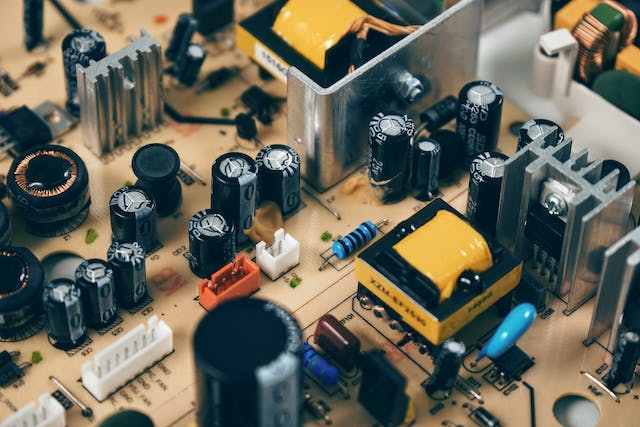When it comes to electrical equipment, the public is lacking knowledge in this area. Most people don’t know much about electricity. It is a famously complex and dynamic topic. One of the things most used when it comes to electricity is the resistor. Resistors are able to change an electrical current by controlling the flow within a circuit. Resistors are made from materials like carbon and copper, which electricity doesn’t easily pass through. While resistors may sound simple, there are plenty of different types of resistors used for many different purposes. Below are the uses of electrical resistors.
Reduce Current Flow
One of the main ways that electrical resistors are used is to reduce the current flow within a circuit. This can be very useful to mitigate the amount of electricity reaching certain objects. It will stop the flow of electricity through a circuit at a specific level. The voltage decrease is related to the size of the resistor. You can determine how much the voltage will go down by multiplying the electrical current by the resistor size. The number of different applications to reduce the flow of the current are many.
Adjust Signal Levels
Another use of resistors is to adjust the signal levels. Resistors can change the level of signal that gets through the circuit. Not only can the resistor lower the signal, but it can also amplify it. The controlled output is often higher than the controlling input. A transistor can increase this. Resistors don’t just reduce the current flow; they can adjust the electric signal levels.
Divide Voltages
Electrical resistors also divide voltages. This means that from a single signal the resistor can create multiple voltages. The act of dividing voltages can be used in many ways. For example, resistors create reference voltages, which can also be used to reduce the magnitude of voltage to be measured. This may also be used as signal attenuators at lower frequencies. Voltage dividers may be sufficient if they’re made only of resistors. They may also have capacitive elements added to compensate for load capacitance. A capacitive divider is used to measure high voltage. Dividing voltages can be very useful.
Terminate Transmission Lines
A specialized cable or another structure designed to conduct contained electromagnetic waves is a transmission line. This applies to radio-frequency engineering because of the short wavelengths, which mean that the wave rises over very short distances and are used to connect radio transmitters and receivers with antennas. They can also distribute cable television signals and route calls between telephone switching centers. Resistors can terminate these lines.
Biasing Active Elements
Biasing is essentially going back to the initial operating condition with the current and voltage of an active device in an amplifier. Many electronic devices that have the function of processing the time-varying signals that require a steady current or voltage to operate correctly. The current is called a bias. It has a point where the DC voltage current is at a specified terminal of an active device such as a transistor or vacuum tube, but with no input signal applied. A bias circuit is the portion of the device’s circuit that supplies a steady current of voltage, providing maximum signal amplitude without distortion.
Electrical resistors are multi-faceted. They have many uses. There are many different types of resistors that have different functions, but they mainly have a single purpose—to change the voltage and flow of electricity. They can be directed elsewhere, decreased, amplified, and more. Resistors help direct the flow and amount of electricity.
Electricity was discovered a long time ago and is a complicated part of our world. A lot of math and engineering are involved. The technology continues to evolve and become more complex. There are many factors to electrical currents. It affects the way that we use electricity in our homes, businesses, and lives. While you might not think learning about resistors is relevant to you, this isn’t true. It is relevant to almost everything in the modern world. Whether you are in the business of electrical engineering or are just curious, resistors do a lot to augment the way we use energy.
